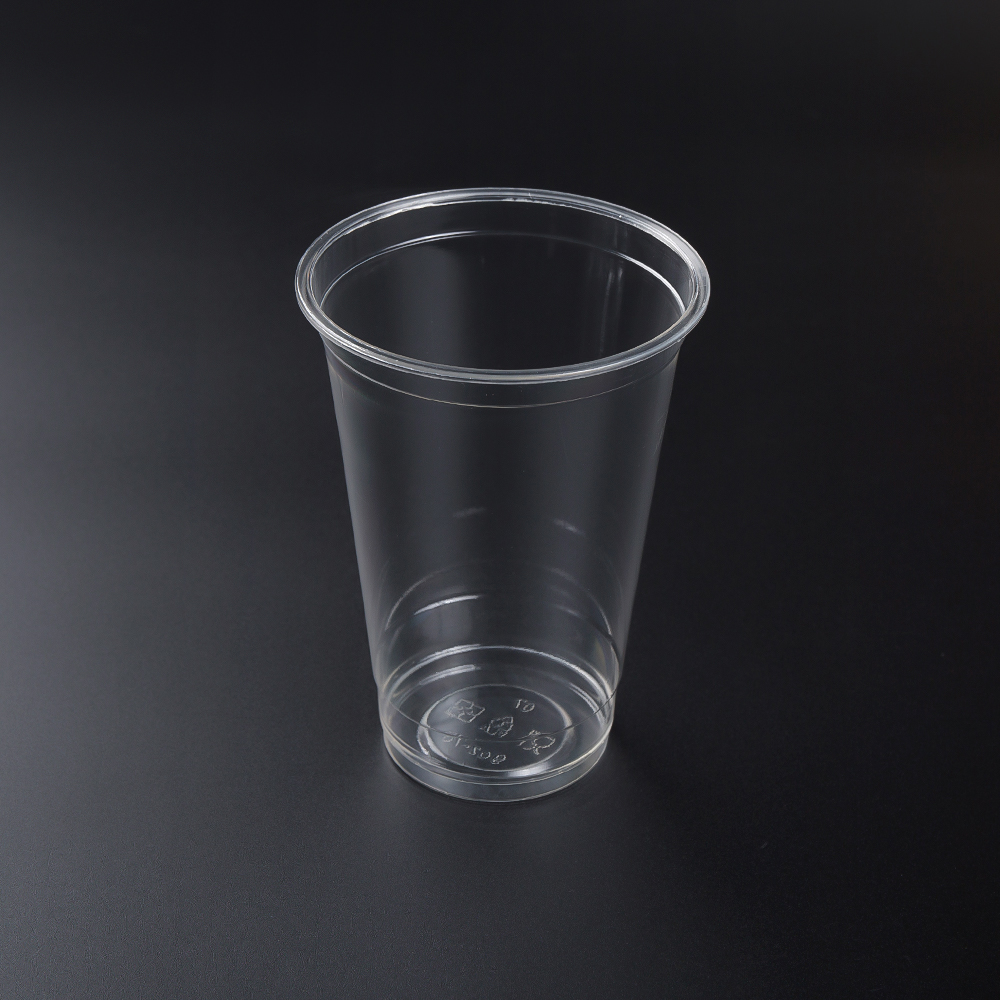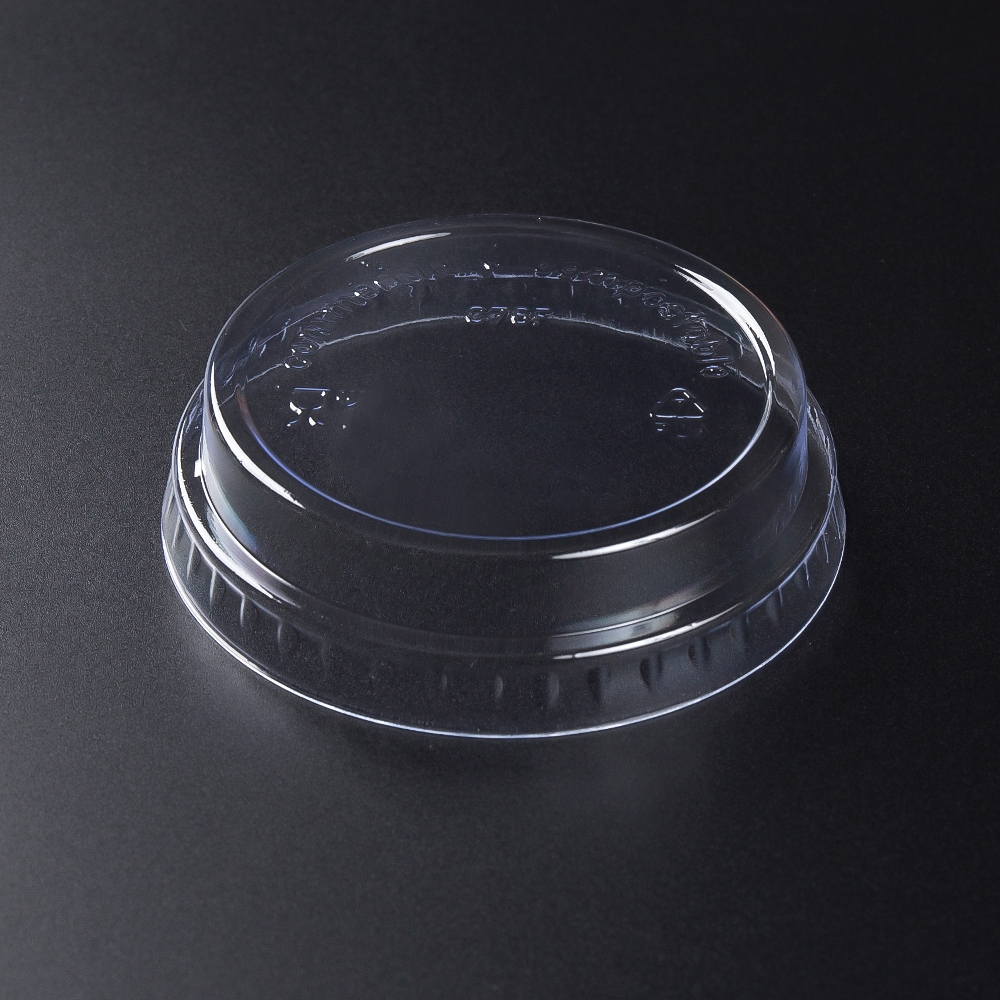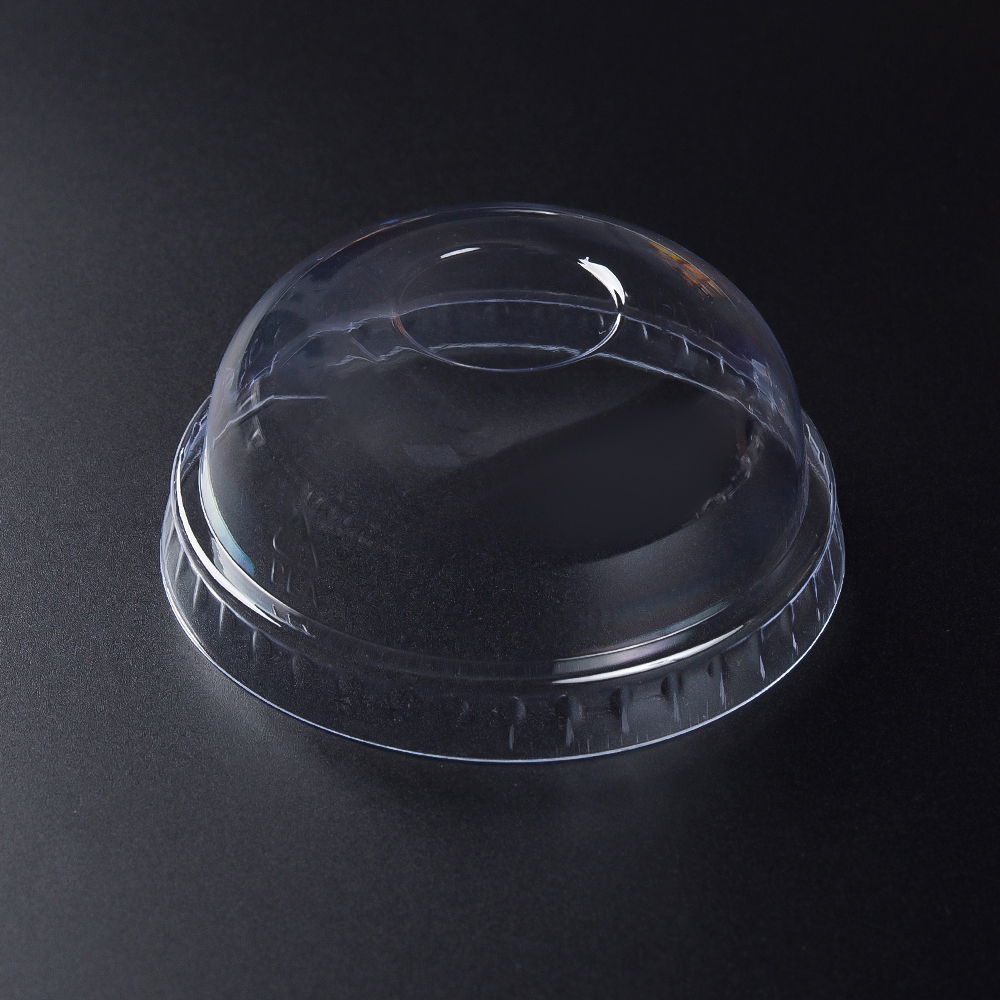ODM compostable salad containers manufacturer and exporter
In today's world, where environmental consciousness and health awareness are on the rise, compostable salad containers have emerged as a beacon of hope in the food packaging industry. These innovative containers not only contribute significantly to reducing plastic pollution but also excel in ensuring food safety, particularly when it comes to salads. This article aims to explore the impact of compostable salad containers on food safety, focusing on the non-toxicity of their materials and their stability across various temperature conditions, all while highlighting their role as a sustainable and health-conscious choice.
Non-Toxicity of Materials: A Foundation for Food Safety
Compostable salad containers are typically crafted from PLA (polylactic acid) or other biobased materials sourced from renewable resources like corn starch and tapioca starch. Unlike traditional plastics, these biobased materials have a lower carbon footprint during production and can fully decompose under composting conditions without leaving behind microplastics that pollute the environment. Crucially, they are non-toxic when in contact with food, providing a solid foundation for food safety. The materials used in compostable salad containers undergo rigorous testing to ensure that no harmful substances are released when in contact with food, thereby safeguarding consumer health.
Temperature Stability: Ensuring Freshness and Safety
The ability of compostable salad containers to maintain stability across a range of temperatures is a critical factor in ensuring the freshness and safety of salads. These containers are designed to withstand refrigerated, ambient, and short-term heating conditions without compromising their structural integrity or releasing harmful substances. This is particularly important for salads, which require careful temperature management to maintain freshness and prevent bacterial growth. Compostable salad containers can keep salads fresh on supermarket refrigerated shelves and safely store them in consumers' homes. Even when briefly heated in a microwave, they do not contaminate the food, ensuring safety and health from production to consumption.
From Farm to Table: Comprehensive Safety Protection
Compostable salad containers offer comprehensive safety protection for salads throughout their journey from farm to table. At the farm, freshly harvested vegetables are washed, cut, and immediately packed into compostable salad containers, minimizing the risk of secondary contamination. During transportation, the robustness and sealability of these containers ensure the salads remain fresh and hygienic, shielded from external pollutants. Upon reaching the consumer, the transparent design of compostable salad containers allows for a visual inspection of the food's freshness without any concerns about adverse effects from the container itself.
Conclusion: Compostable Salad Containers - A Green Commitment to Health and Safety
Compostable salad containers represent not just an eco-friendly choice but also a commitment to food safety and health. Their non-toxic materials and temperature stability provide a comprehensive safety net for salads, ensuring that they are safe and fresh from farm to table. As consumers increasingly prioritize health and environmental sustainability, compostable salad containers are becoming a popular choice in the market. In the coming years, we can expect compostable salad containers to play an even greater role in promoting food safety and environmental stewardship, serving as a green bridge connecting health-conscious consumers with nature.





 English
English 中文简体
中文简体-2.jpg)
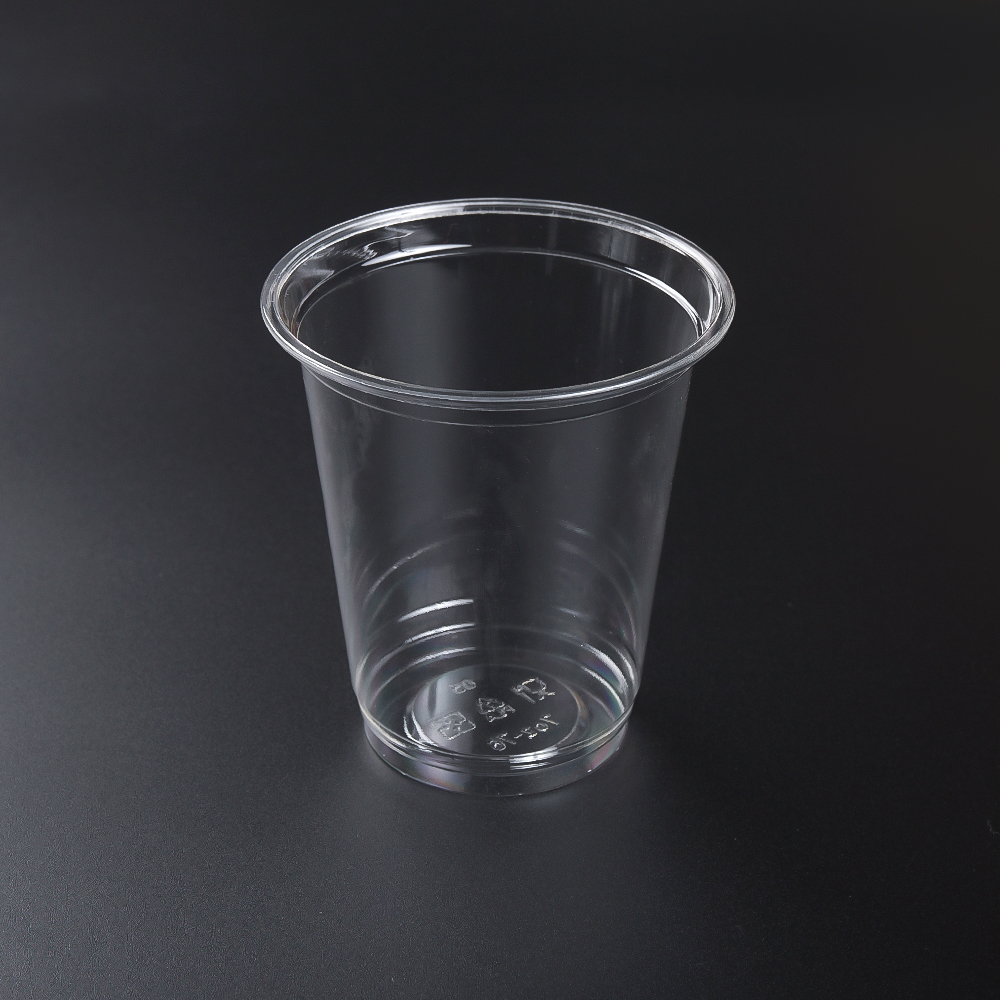
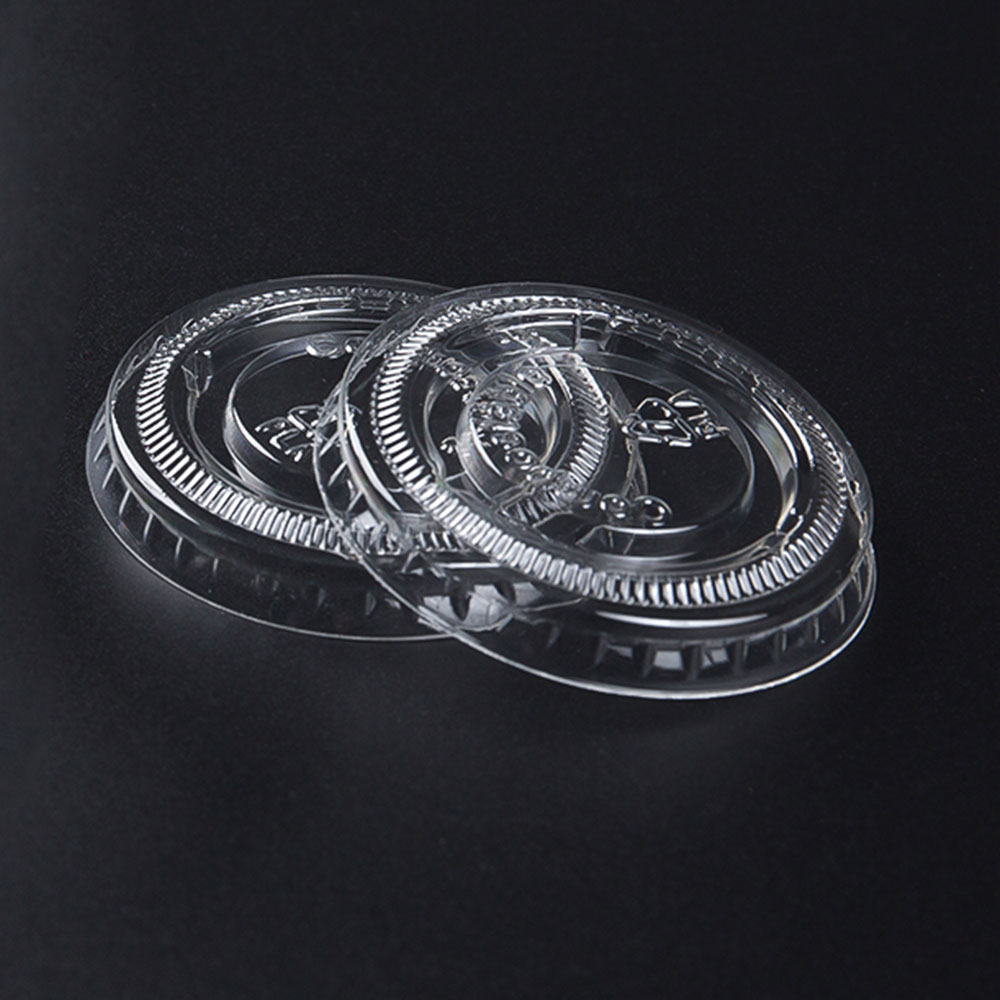
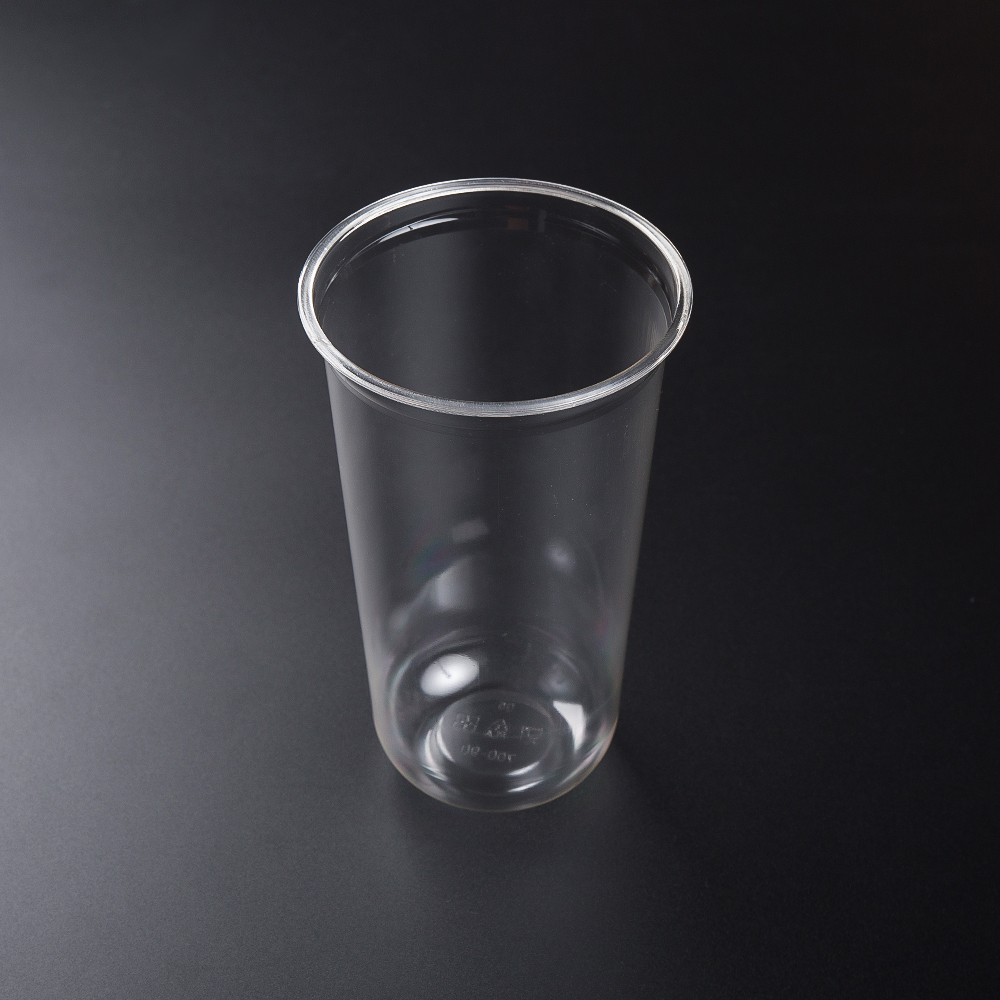

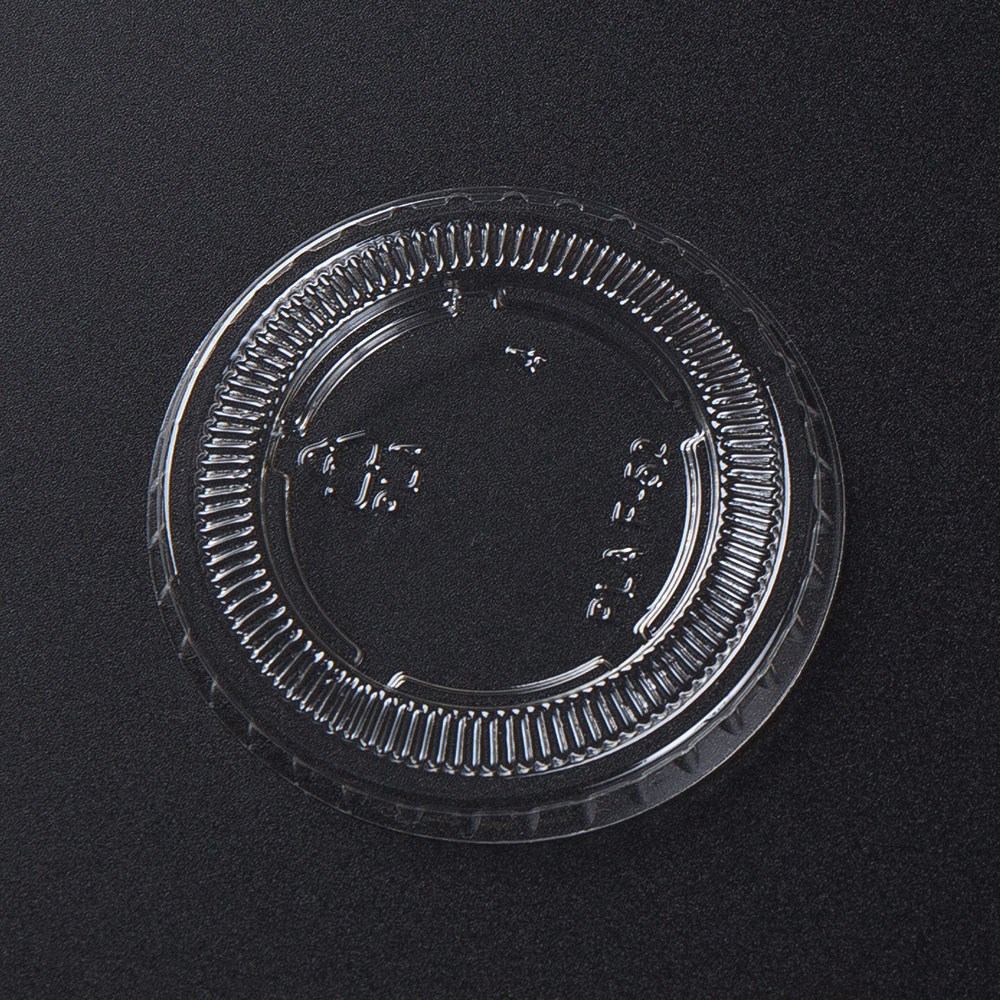

.jpg)
.jpg)
